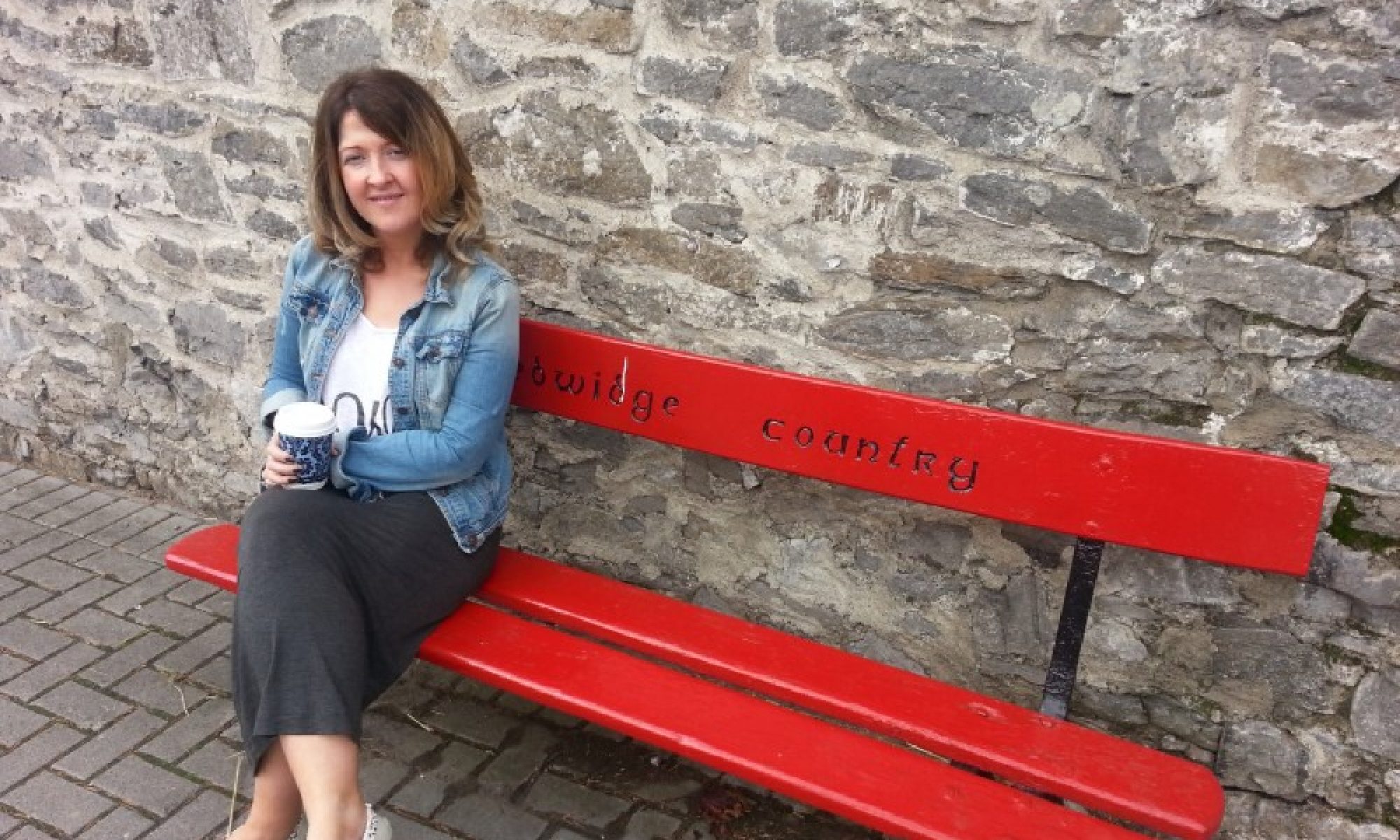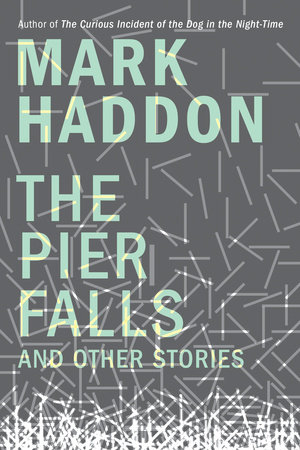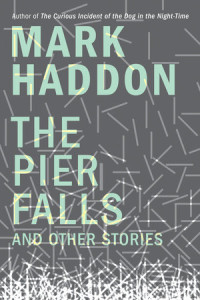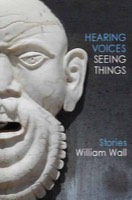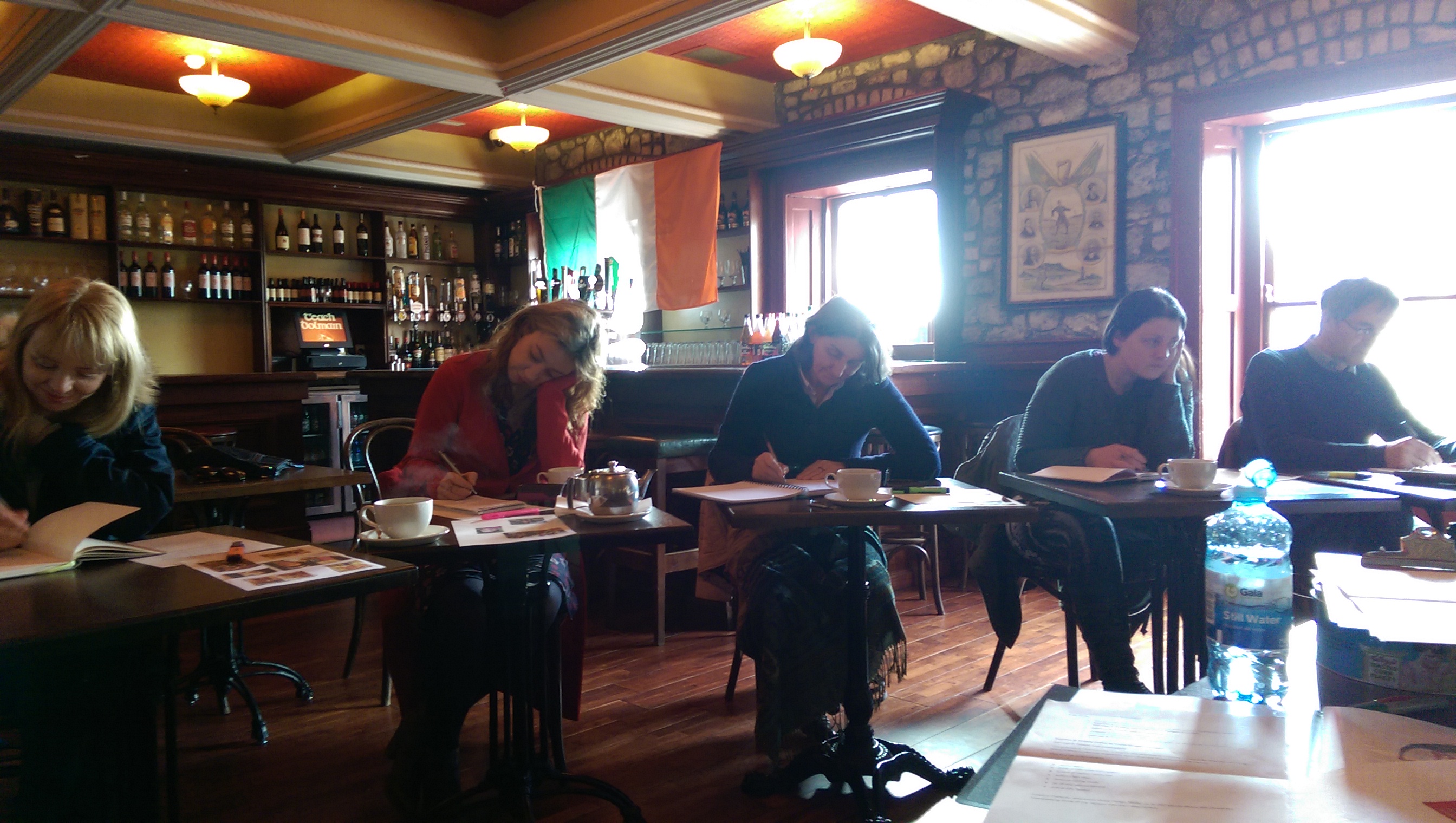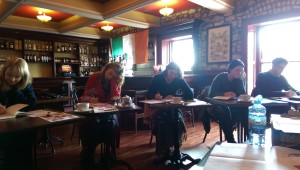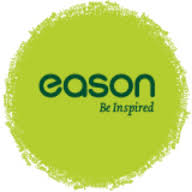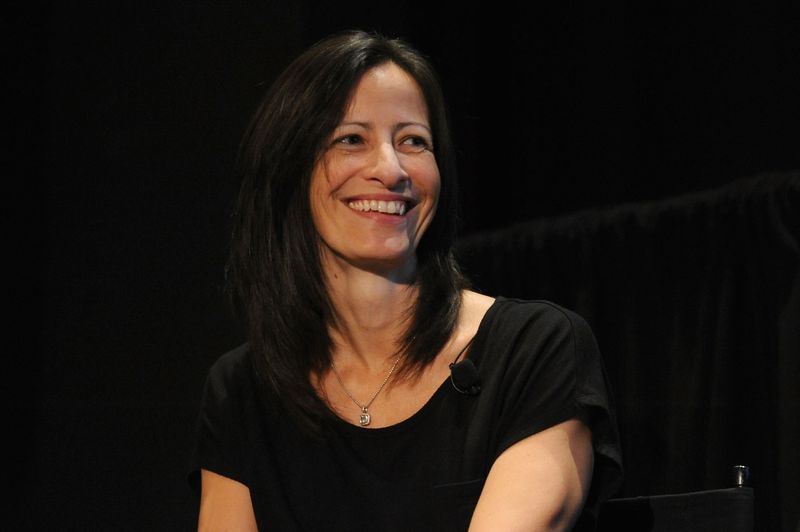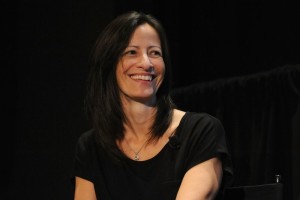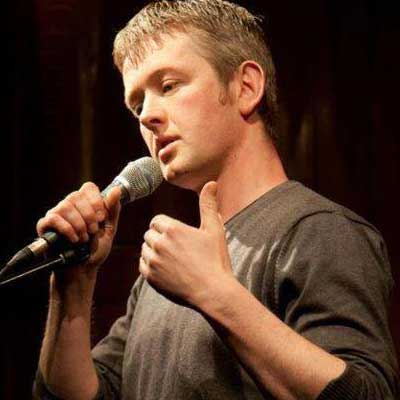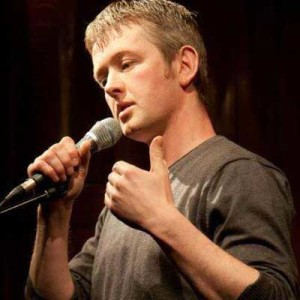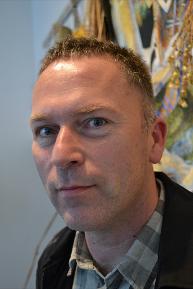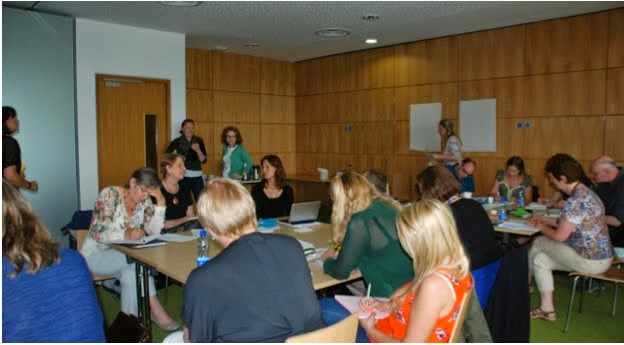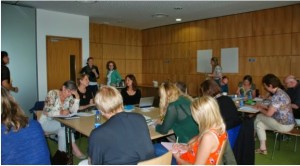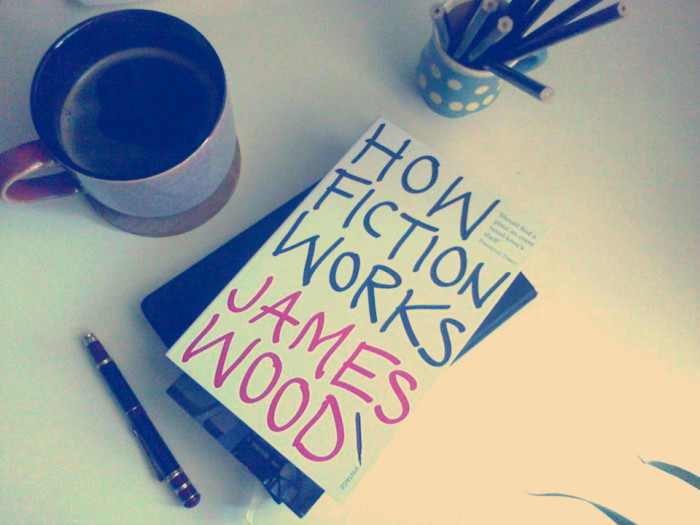Mark Haddon is the author of “The curious incident of the dog at night-time”, a brilliant novel about a teenage mathematician who has behavioural and social issues. It is really good and funny and sad. But, he also writes short stories and writes them very well too.
He wrote this amazing short story called “The Gun” and it was shortlisted for the Sunday Times EFG Awards a few years back. You can hear him read it here and I strongly recommend that you do.
I reviewed it back then and it was my favourite and I hoped it would win. It didn’t and a least fave story of mine did instead. No matter, Mark is back with a new short story collection called The Pier Falls on May 5th. He is quite the outspoken and self-assured writer, which is why I really like him and his writing as I think having a real personality shines in the writing!
I have been reading a couple of articles he wrote on the short story form and how he writes recently and in this one, he talks about Wells Tower’s Everything Burned, Everything Ravaged short story collection which I loved, loved, loved. The title story is one of Mark’s most loved because of its sheer humour and bravery in actually being fiction! I agree with Mark that too many short stories now are quite “meh” and “slow” and nothing at all happens. In other words, they are quite like real life, I want my fiction to be, well, fiction! It drives me slightly ever so mad when someone is reading a piece of fiction and wonders if it would really happen in life! No, of course, it wouldn’t. That is why it is a piece of imaginary ficiton. Those people are recommended to go pick up a memoir or a book of non-fiction if they want “realistic” James Wood in his book “how fiction works” talks about how fiction should be lifelike and written as a piece of art. Something that makes the reader think about what the artist might be trying to say. I think fiction needs to be entertaining and get me thinking too.
Mark Haddon finishes his thoughts by saying that ““Werner” and “The Fourth State of Matter” by Jo Ann Beard are the two stories he has read that combine those two things about fiction that I love-the “fictional stories in which nothing happens and real-life stories in which everything happens.”
You can read all of Mark’s article here on the Guardian website and his new collection, The pier falls is out May 5th with Jonathan Cape.
